For teachers, COVID-19 related school closures resulted in a transformation of many facets of their work, requiring them to take on new and often shifting roles, including learning new technologies and juggling work and home responsibilities. While a number of studies have begun to shed light on how teachers navigated these rapid, unplanned changes to their working conditions, prior research shares a fundamental limitation—most existing studies rely exclusively on evidence collected after schools closed. This paper provides, to the best of our knowledge, the first detailed evidence of teachers’ work before and after schools closed in response to COVID-19. We leverage unique longitudinal data on teachers’ daily work activities and affect collected across the 2019–2020 school year using the Day Reconstruction Method (DRM). Beginning in fall 2019, participants completed DRMs on up to three timepoints prior to school closures and one additional timepoint in May 2020, after schools had closed. Given the scope of our longitudinal data, we are able to describe in detail, the changes in teachers’ daily work in the initial months of the pandemic.
Year: 2021
Product Type: Journal Article
Focus Areas: Teachers Work, Career Pathways



